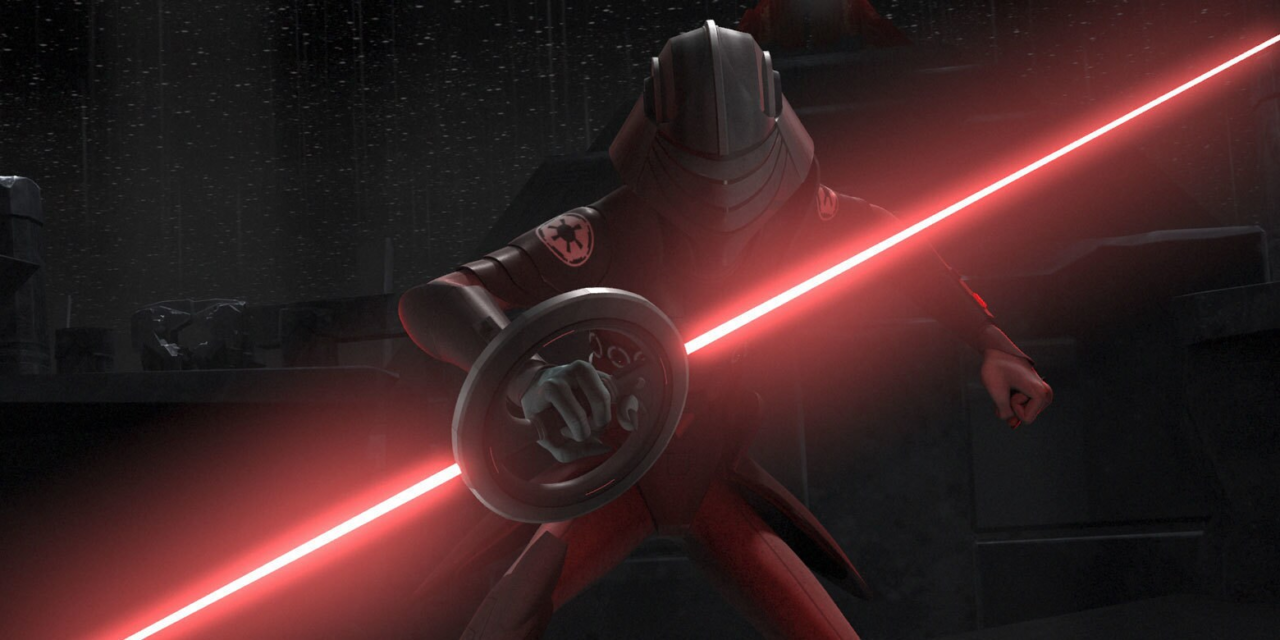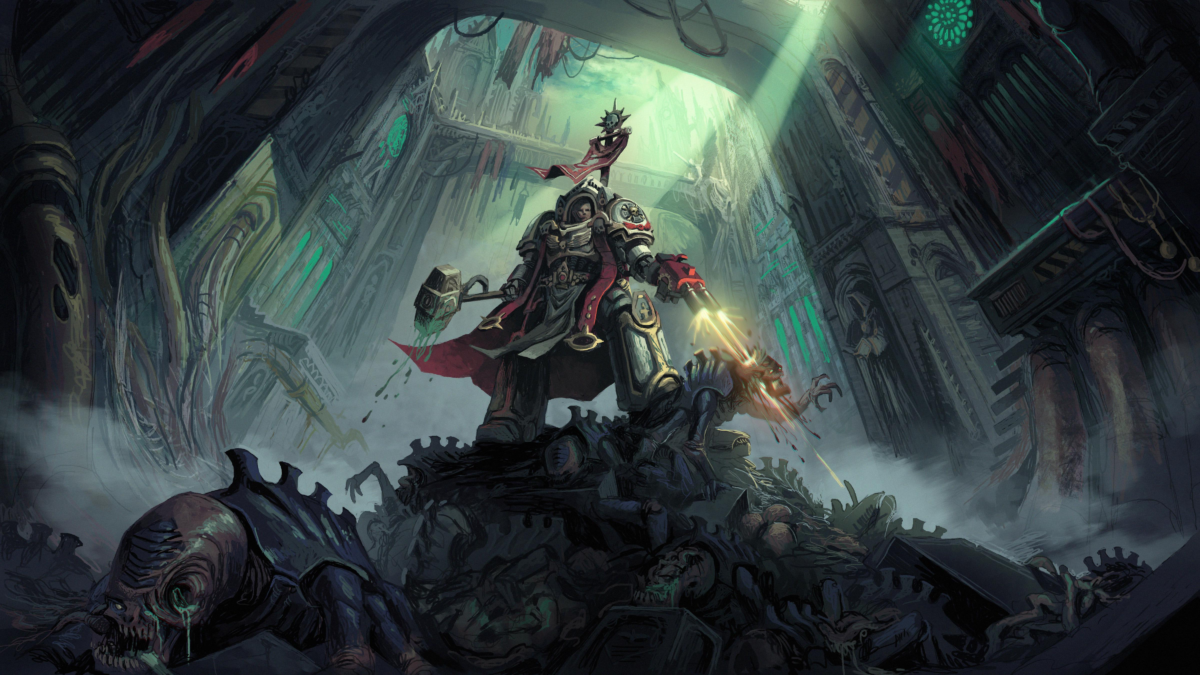The phrase “Inquisitor Death Live” has recently gained traction online, sparking curiosity, debate, and speculation. Whether it’s connected to historical inquisition themes, a fictional narrative, or a digital entertainment experience, the term evokes strong emotions and intrigue.
In this article, we will delve into the possible origins of Inquisitor Death Live, explore its significance, and discuss its impact across different domains, from pop culture to historical interpretations.
The Origins of Inquisitor Death Live
The term “Inquisitor Death Live” appears to be a blend of historical and modern elements. Let’s break it down into its components:
- Inquisitor: The word “inquisitor” refers to someone who conducts investigations, typically associated with religious inquisitions or figures of authority enforcing strict rules. In history, the most infamous inquisitors were part of the Spanish Inquisition, where individuals were tried for heresy.
- Death: This element introduces themes of mortality, punishment, and finality, suggesting something grim, possibly linked to execution or intense trials.
- Live: The term “live” could imply something happening in real time—whether as a broadcast, performance, or a digital gaming experience.
Considering these meanings, Inquisitor Death Live could represent a historical reenactment, a live-action gaming event, or even a controversial online discussion regarding justice and power dynamics.
Inquisitor Death Live in History: The Inquisition’s Dark Past
The historical inquisition was a judicial system established by the Catholic Church to combat heresy. The most notorious period was the Spanish Inquisition (1478–1834), where inquisitors wielded immense power, often leading to torture and executions.
Key aspects of the inquisition’s brutality that might relate to the concept of Inquisitor Death Live include:
- Public Trials and Executions: Many inquisitorial judgments were carried out in public, sometimes as a spectacle meant to reinforce religious authority.
- Torture Methods: Inquisitors used brutal techniques to extract confessions, leading to death in live interrogations.
- The Fear Factor: Inquisitors symbolized absolute control and fear, traits that persist in modern interpretations.
If Inquisitor Death Live is a conceptual representation of these past horrors, it may be a way to reflect on history’s darkest chapters in a modern format.
Inquisitor Death Live in Popular Culture
Given its dramatic and chilling nature, Inquisitor Death Live could also be linked to pop culture, gaming, or storytelling. Some of the key areas where this theme might appear include:

1. Video Games and Role-Playing
Many video games explore inquisitorial themes, blending history with fantasy. Some possible connections include:
- Dragon Age: Inquisition – A game where players act as an Inquisitor in a fantasy world.
- Warhammer 40K: The Inquisition – A dark, futuristic interpretation where Inquisitors purge heretics.
- Dark Souls & Bloodborne – Games featuring executioner-like characters enforcing strict rules.
If Inquisitor Death Live is a game title, event, or livestream experience, it might revolve around trials, punishments, or player-versus-player combat in an inquisition setting.
2. Movies and TV Series
Several films and TV shows incorporate inquisitor-like figures and brutal justice systems. Possible references include:
- The Name of the Rose (1986, 2019 TV adaptation) – A medieval detective story featuring an inquisitor.
- The Witch (2015) – A horror film echoing themes of persecution.
- Game of Thrones – The Faith Militant storyline bears similarities to inquisitorial rule.
Could Inquisitor Death Live be a fictional show or a live-action experience? The blend of historical horror and live performance could make it a compelling concept.
The Digital Age and Inquisitor Death Live
In the modern digital landscape, live streaming has become a powerful tool for engaging audiences. Inquisitor Death Live could refer to:
- A live-streamed event discussing historical inquisition themes.
- An interactive horror experience, like virtual haunted houses or escape rooms.
- A real-time social experiment, reflecting on justice, morality, or authoritarian rule.
Streaming platforms like Twitch or YouTube often host historical reenactments, live horror experiences, and interactive storytelling. If Inquisitor Death Live is an online event, it might captivate audiences through immersive role-play or historical education.
The Impact and Ethical Considerations of Inquisitor Death Live
While Inquisitor Death Live sounds thrilling, it also raises important ethical questions:
1. Historical Sensitivity
If the term is linked to real historical events, its representation must be respectful. The Inquisition led to torture and suffering, and trivializing it could be seen as insensitive.
2. Dark Entertainment and Morality

Live experiences or games centered around punishment and death could blur the lines between education, horror, and exploitation. Should audiences engage in simulated inquisition-style trials for entertainment, or does it risk glorifying brutality?
3. Freedom of Expression vs. Disturbing Content
Live experiences, whether theatrical, gaming-based, or educational, must balance artistic freedom with ethical responsibility. If Inquisitor Death Live is meant as a thought-provoking performance, it should encourage critical discussion rather than merely shock audiences.
Conclusion: The Mystery and Meaning Behind Inquisitor Death Live
The phrase “Inquisitor Death Live” remains enigmatic, yet it carries strong thematic weight. Whether it refers to a historical reflection, a gaming event, or a live performance, it taps into deep cultural fears surrounding power, judgment, and mortality.
If Inquisitor Death Live is a new digital or entertainment trend, it will be fascinating to see how it evolves. Will it be a historical reimagining, a video game, a live role-playing experience, or something entirely different?
Regardless of its form, the concept forces us to confront difficult questions:
- How do we remember and interpret dark historical events?
- What role does “live” performance play in making history and horror more immersive?
- Where do we draw the line between engagement and exploitation in media?
Only time will tell what Inquisitor Death Live truly signifies, but one thing is certain—it is a concept that will continue to provoke intrigue, discussion, and speculation.

